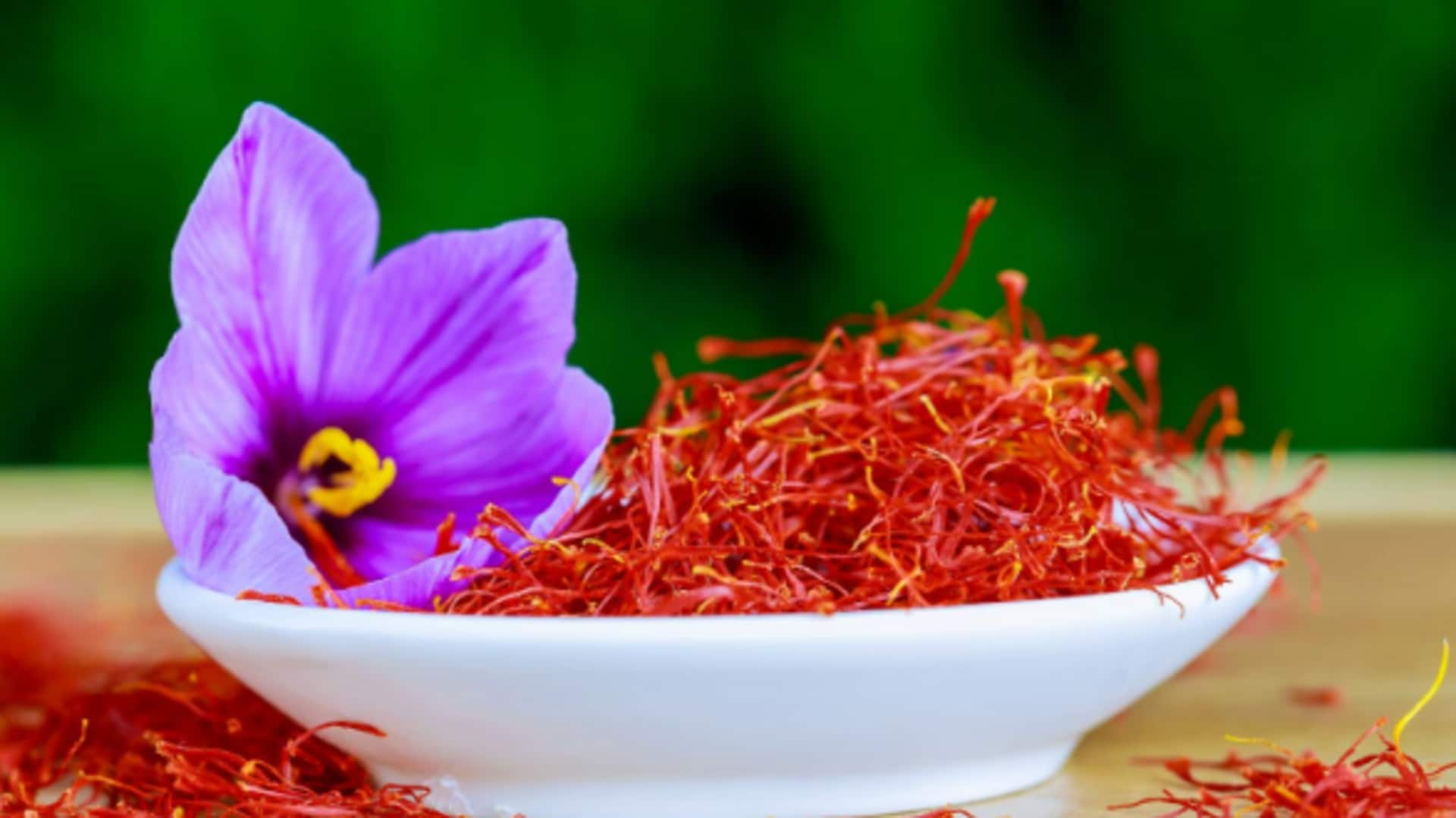Coffee drinkers in the U.S. go through about 20 billion Keurig cups annually.
That’s a lot of plastic to toss away. Two Charleston coffee makers have taken it upon themselves to help rid the Lowcountry of the single-use pods that pile up in landfills and now their new recyclable product is hitting supermarket shelves. Cambio Roasters, co-owned by former Keurig Green Mountain executive Kevin Hartley and Ann Hutson, said it's the first brand to make aluminum K-cups.

“We knew we needed to exit single-use plastics and reimagine the iconic K-cup for the next 25 years,” Hartley said. The prepacked aluminum cups are in an early roll-out in Harris Teeter stores with a broader push coming Sept. 1.
Customers can buy them for about the same price as coffee packed in plastic K-cups, about $9 for a standard-size box. “We’re not charging any more than a normal plastic cup,” Hartley said, adding that aluminum also makes for better storage since plastic is porous and any oxygen let in can degrade the contents. Aluminum is also almost infinitely recyclable , noted Christina Moskos, program manager with the Charleston County Environmental Management.
A beer can, for example, can become another 50,000 cans since it keeps its chemical properties. Other recyclable products like paper and cardboard only have a few turns before they degrade too much. While reusable or compostable products would generate the least amount of waste, Moskos said the responsible packaging has potential to go far in the coffee industry.
"They might not realize how big of an impact they have," she said. "If it's something that is easy to manufacture and similar in price, that could catch on and grow." For years, Hartley served as chief innovation and product officer for Keurig .
After leaving, he partnered with Hutson on the idea of starting a brand that not only offered a good product but had strong social values. Hence the name “cambio” comes from the Spanish word for “change.” For every purchase, Cambio Roasters donates 20 percent of its profits to support struggling coffee-farming families.
“If we hit our target, 60,000 fewer people a year will starve,” Hartley said. Huston hopes that government regulations will eventually push more companies towards sustainable actions. Story continues below “Our step may seem small, but it’s a really important one for the coffee industry," she said.
"While Cambio is a business, we believe that if all businesses globally kept a clear eye on the planet, we could create an unstoppable movement toward change." Cambio’s initiative is one of many ways regional retailers are trying to be more proactive in reducing, reusing and recycling. Lowcountry Olive Oil, for example, encourages customers with a $5 discount if they return empty glass bottles .
While the company doesn’t have the ability to recycle the bottles themselves, they ensure as much product is recycled with the county as possible. J. Stark, a bag and leather goods maker on King Street, reuses whatever they can, be it leather, canvas, paper stuffing or price tags.
Owner Jess Nicoles said the company will hold onto all its scrap material — selling or donating smaller pieces to local artists and recreating products with larger swatches. “With bigger scraps of fabric, we use those for our ‘ from the pile ’ program,’ she said. “There are a few silhouettes online and you can purchase one of those.
It’s a big gamble what you’ll get, but you get a big discount.” The company further avoids plastic packaging, using only paper to stuff bags on shelves and boxes for shipping. The staff will even snag price tags from purchased products to reuse.
“It may seem like small steps, but it can make a big difference,” Nicoles said. Goodwill, in partnership with the Lowcountry Digital Equity Coalition, collects old laptops to restore and gift to students in certain schools. Even major companies like Ulta, which has roughly 25 locations in South Carolina, encourage recycling.
The makeup company has bins in each store where customers can recycle plastic products like mascara tubes, small jars, tubes and applicators. The initiative is in partnership with Pact Collective, a nonprofit working to help end packaging waste by collecting hard-to-recycle beauty empties and keep them out of landfills..



















